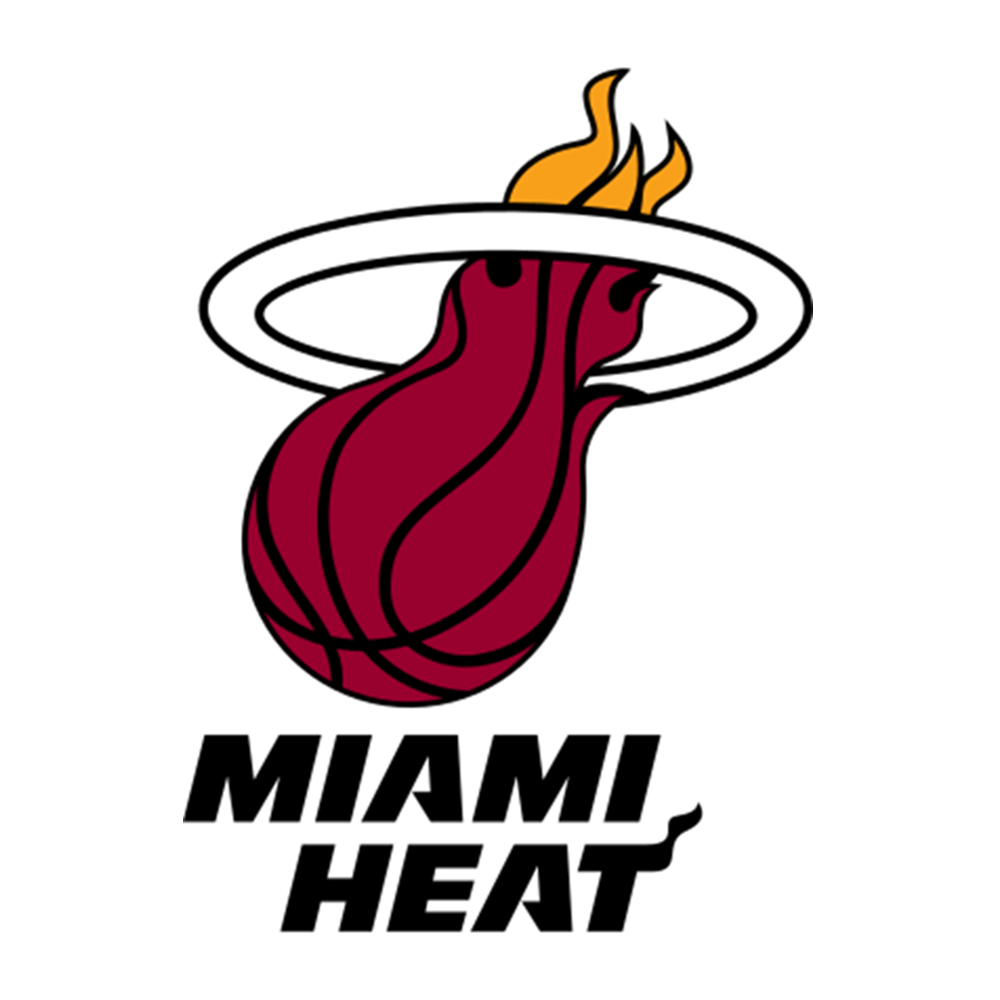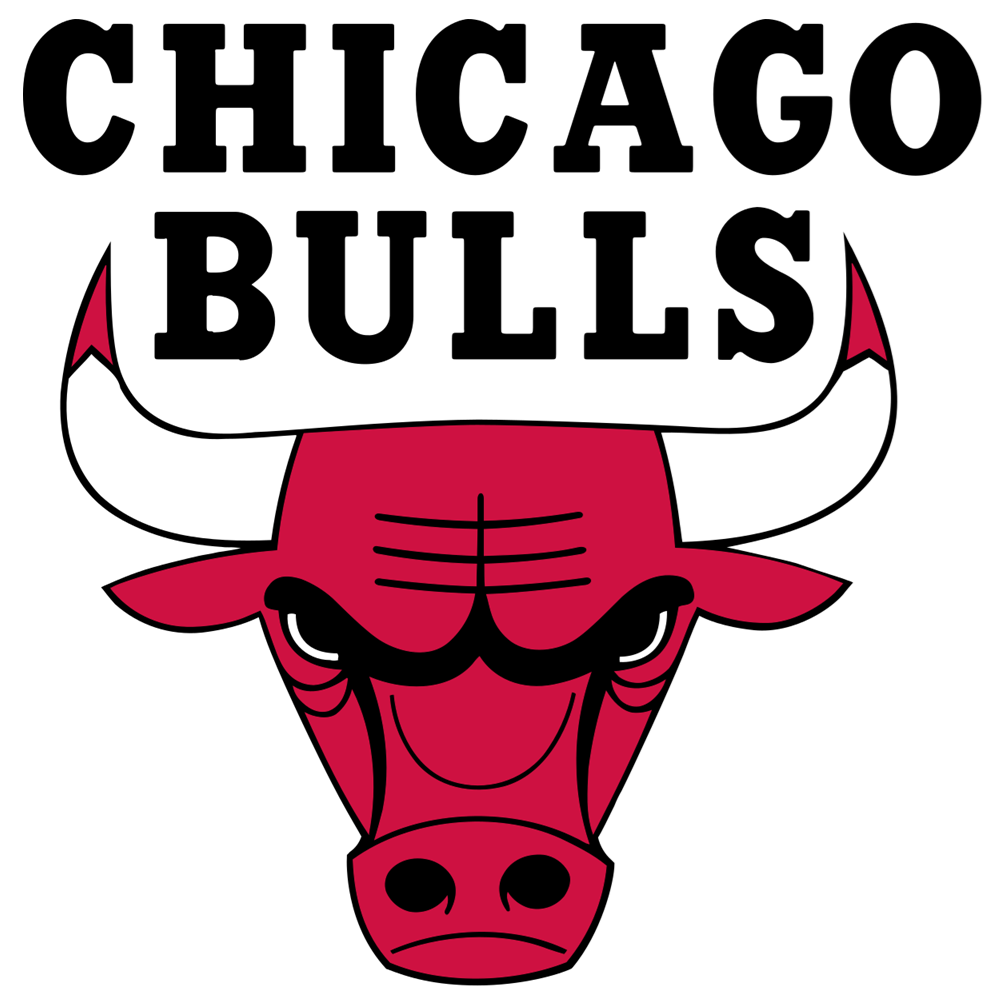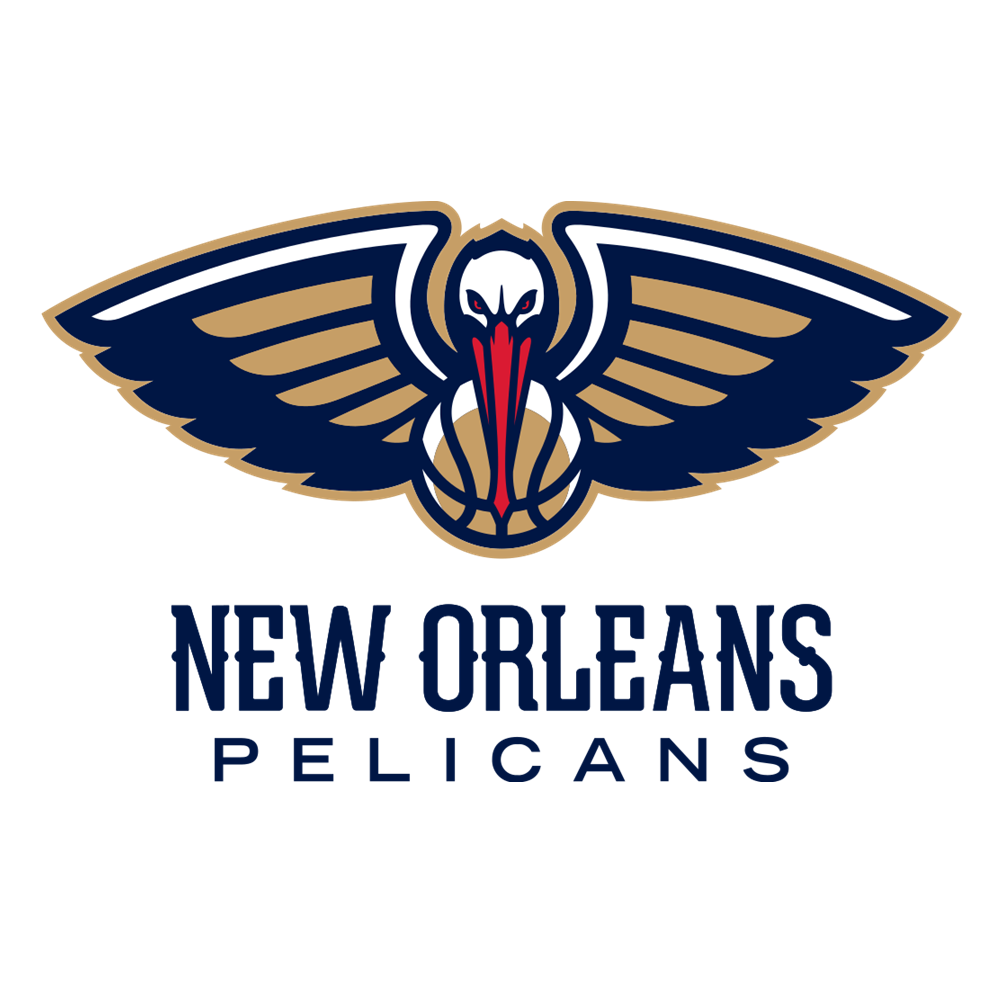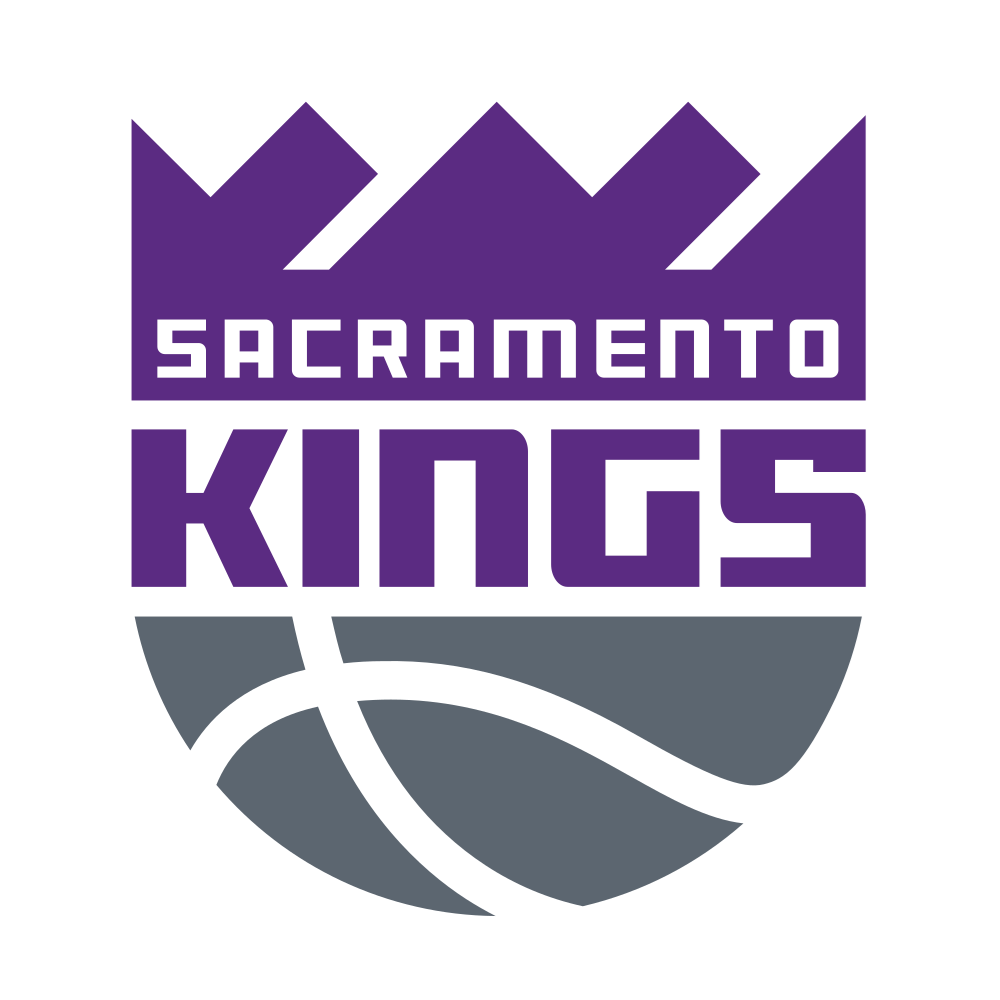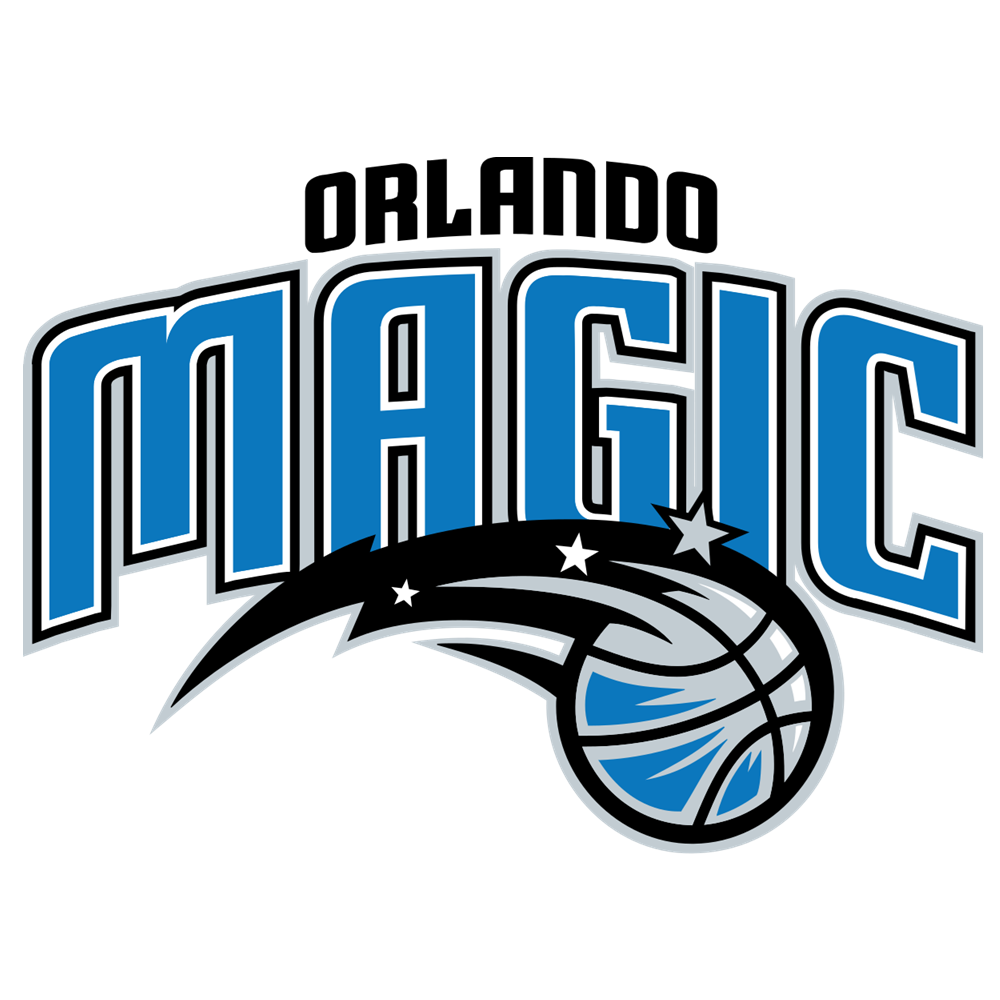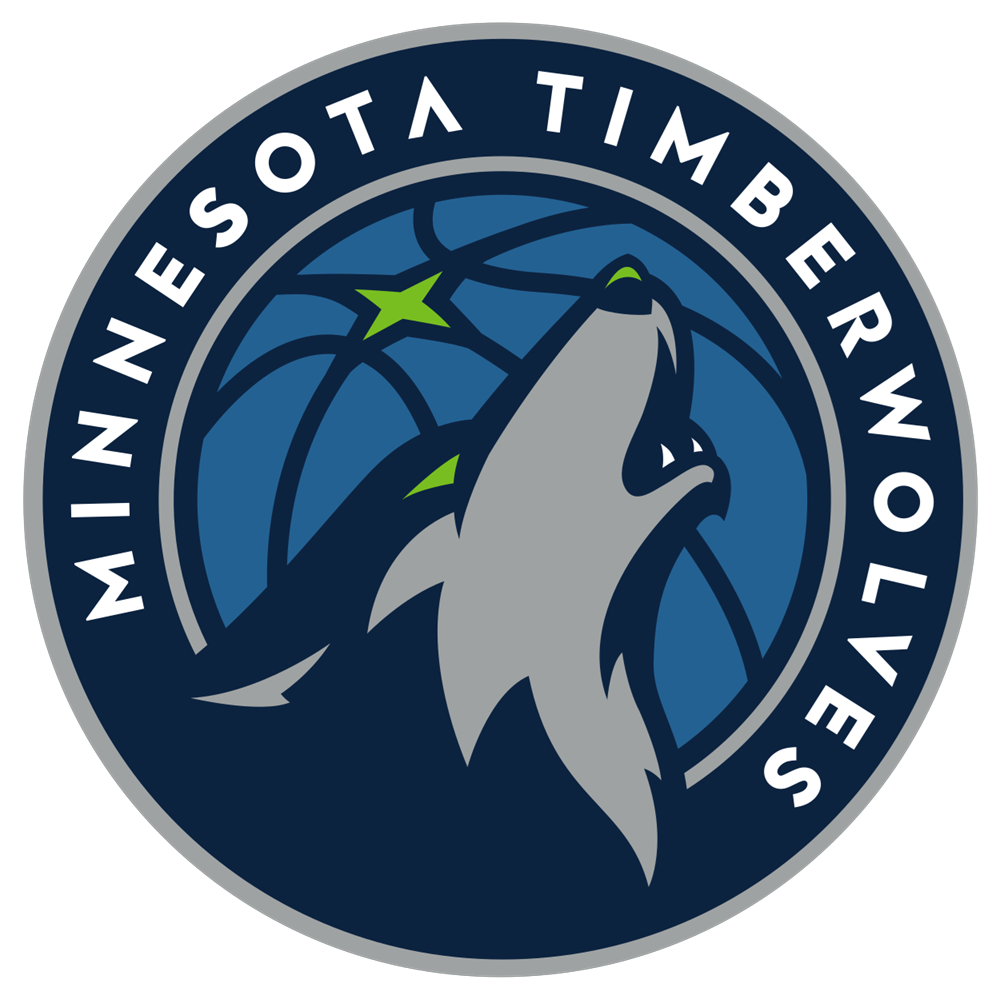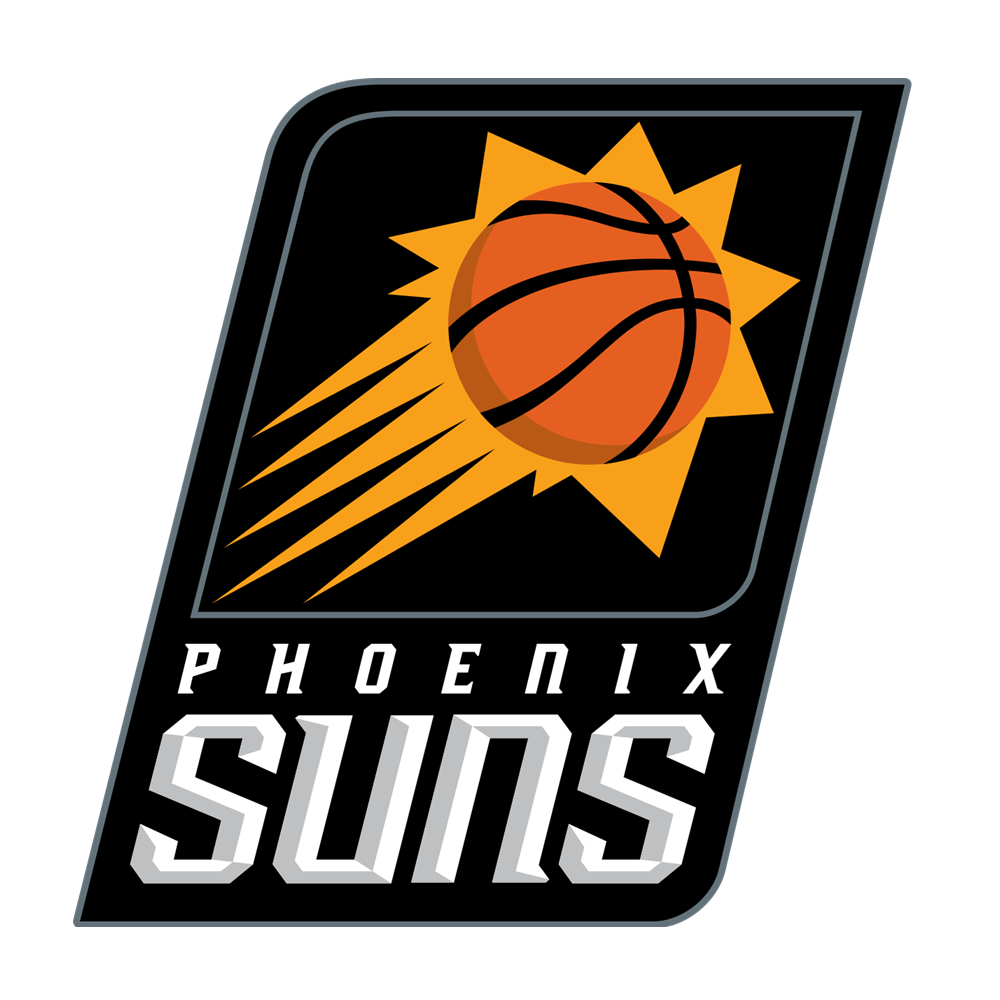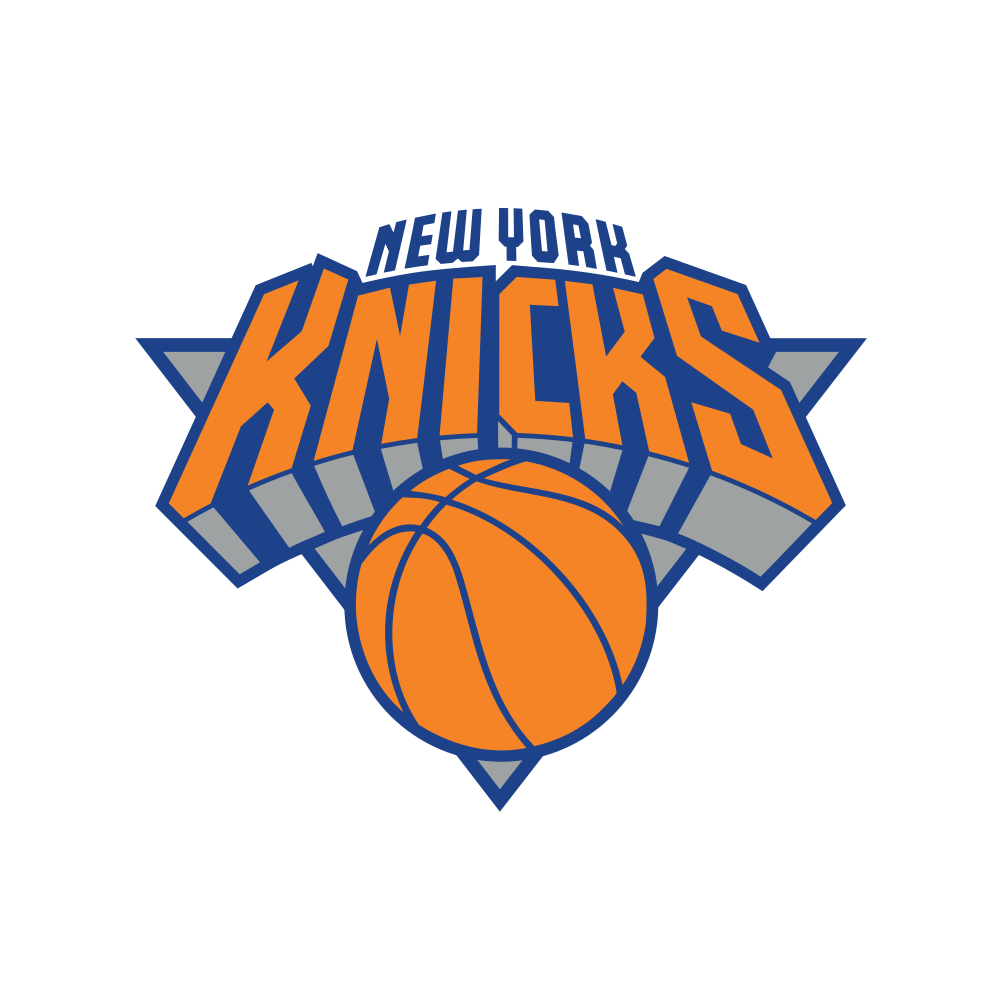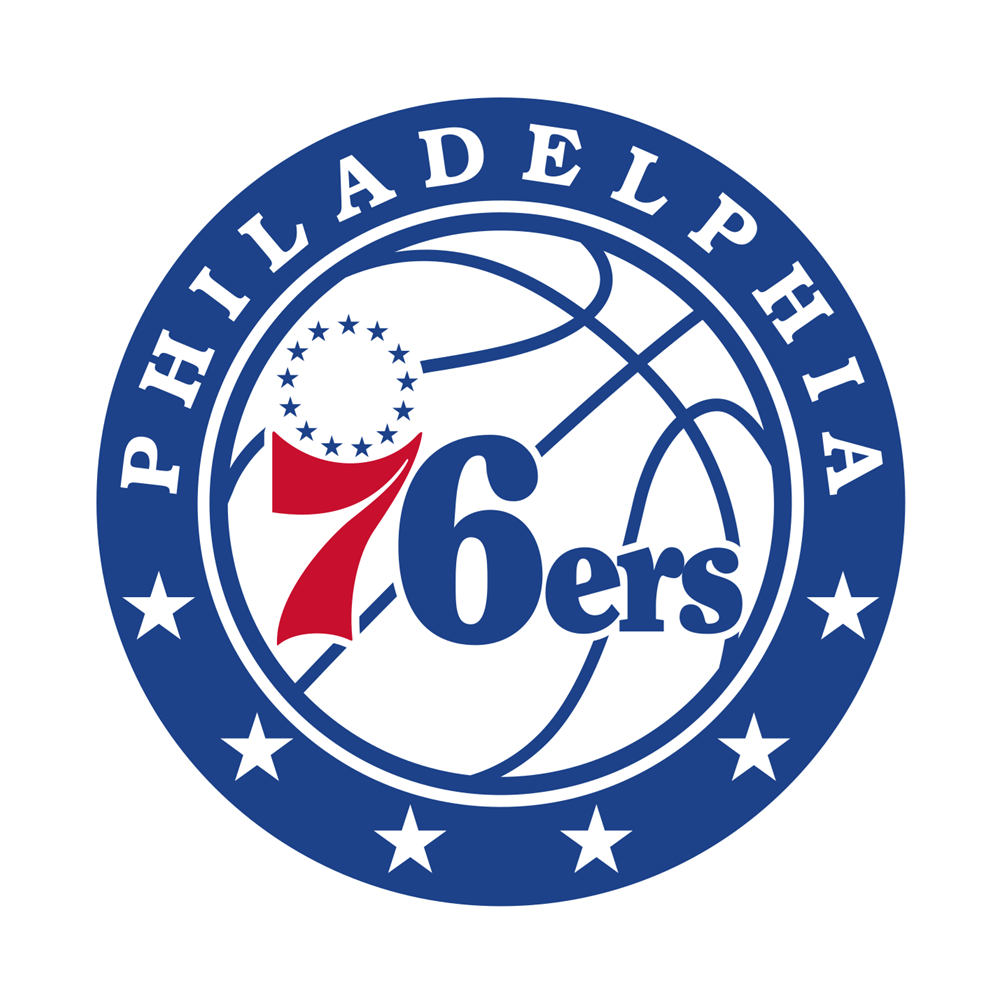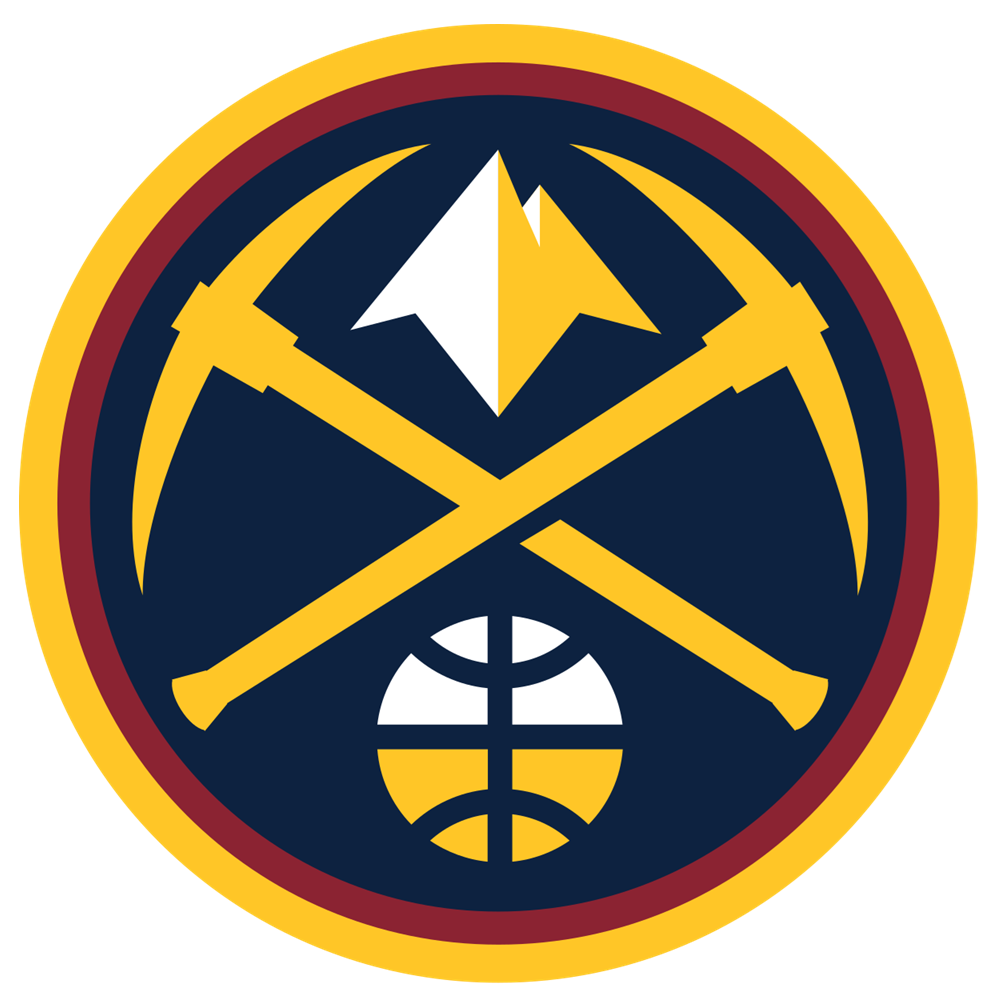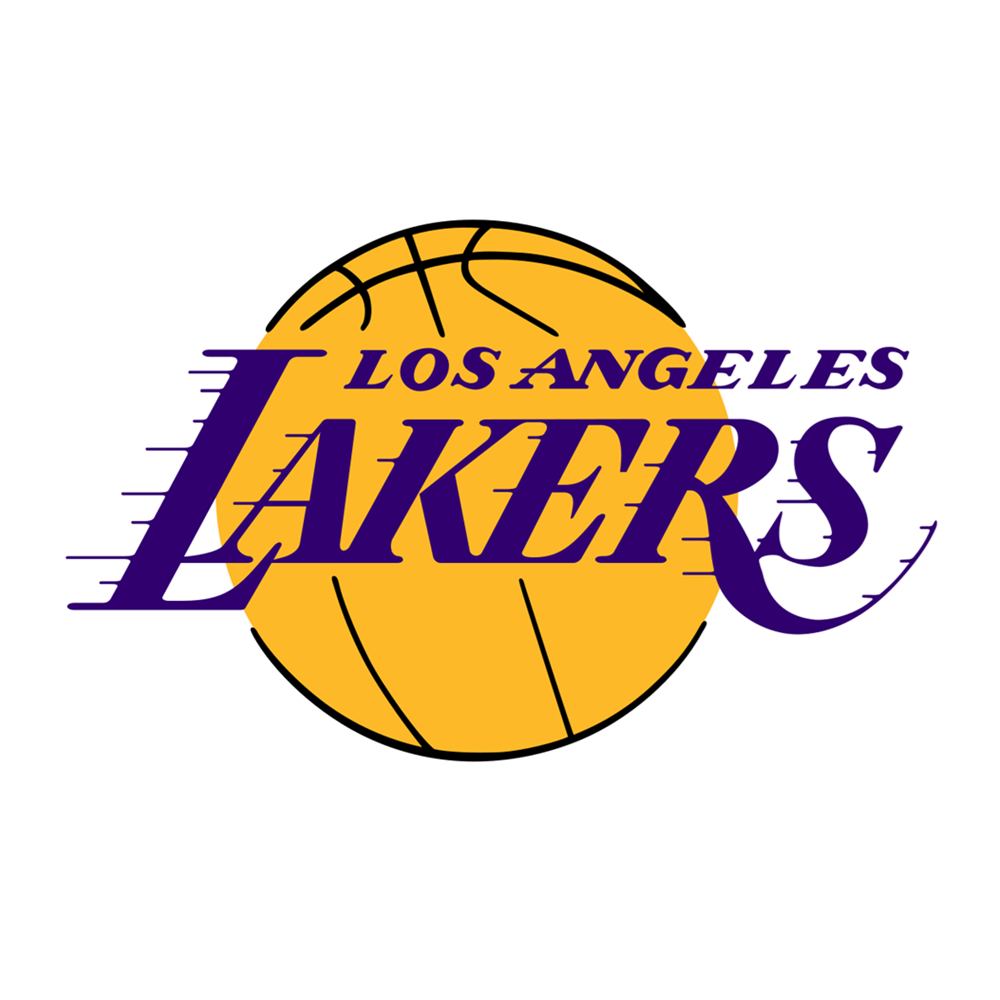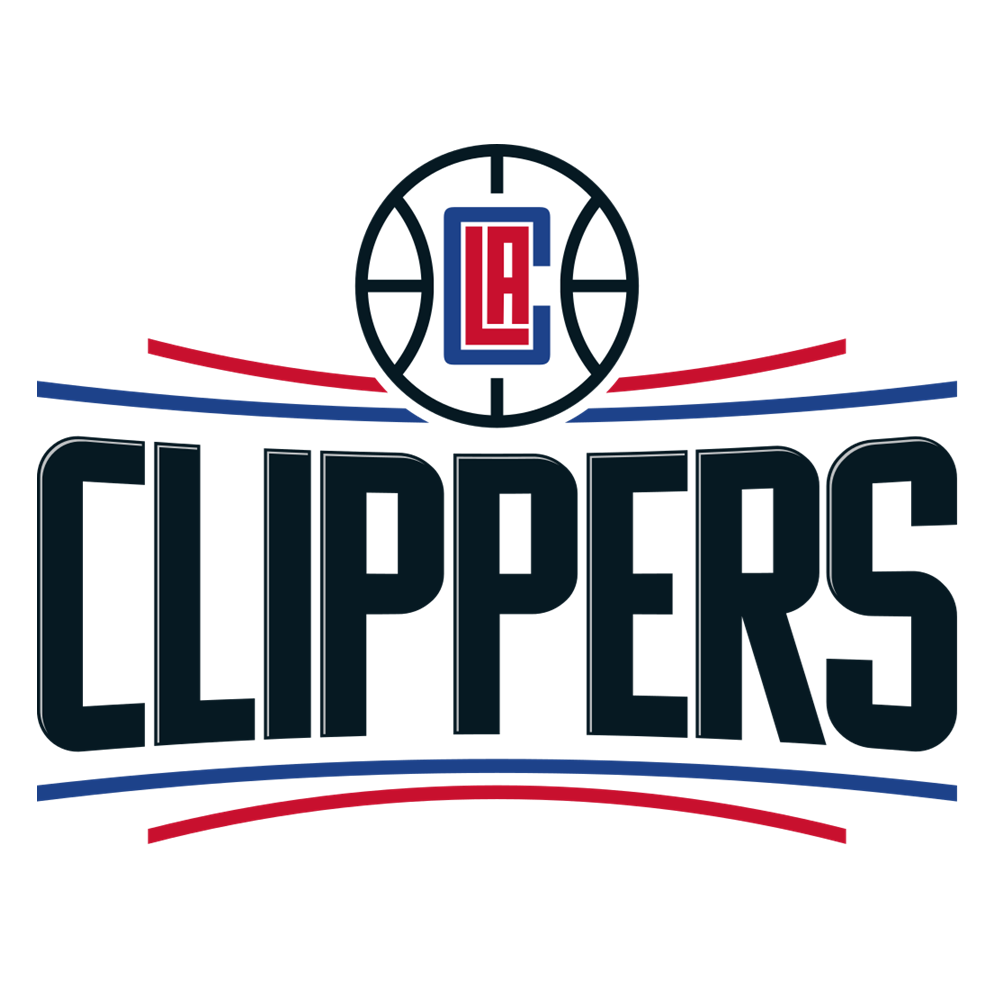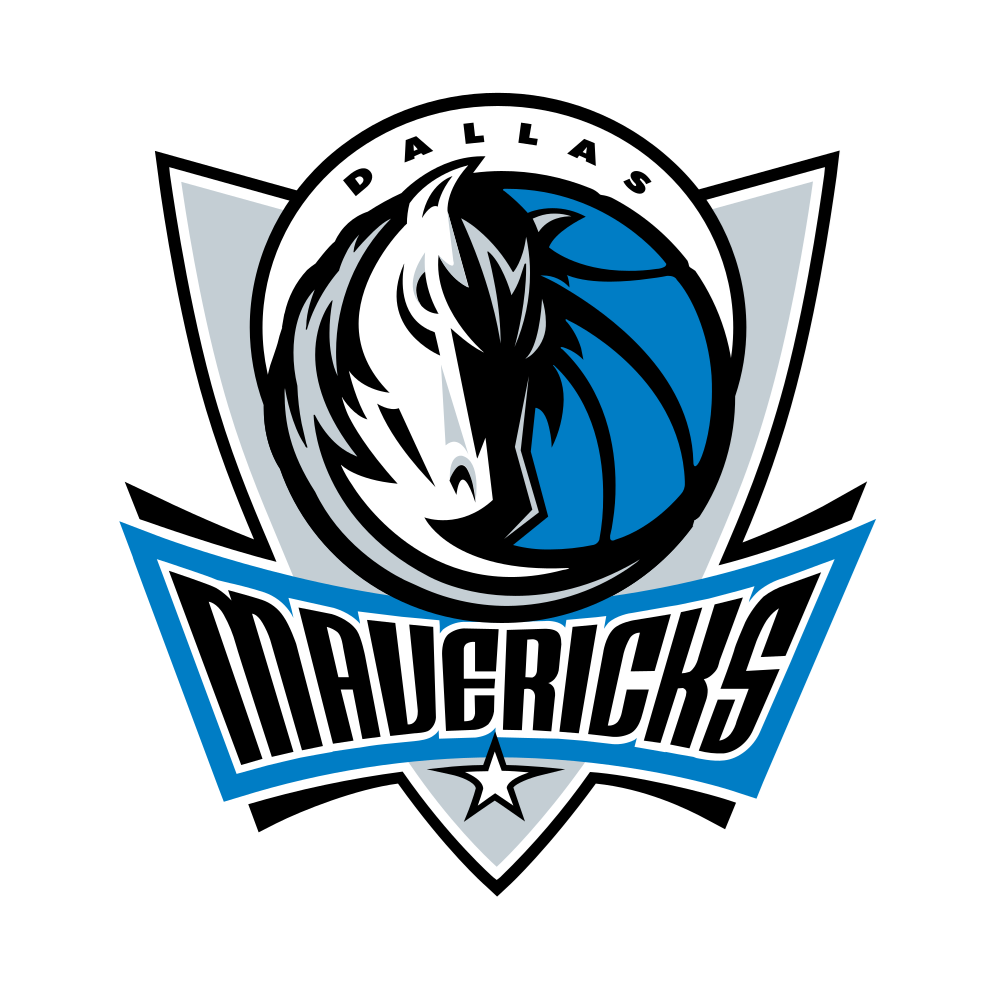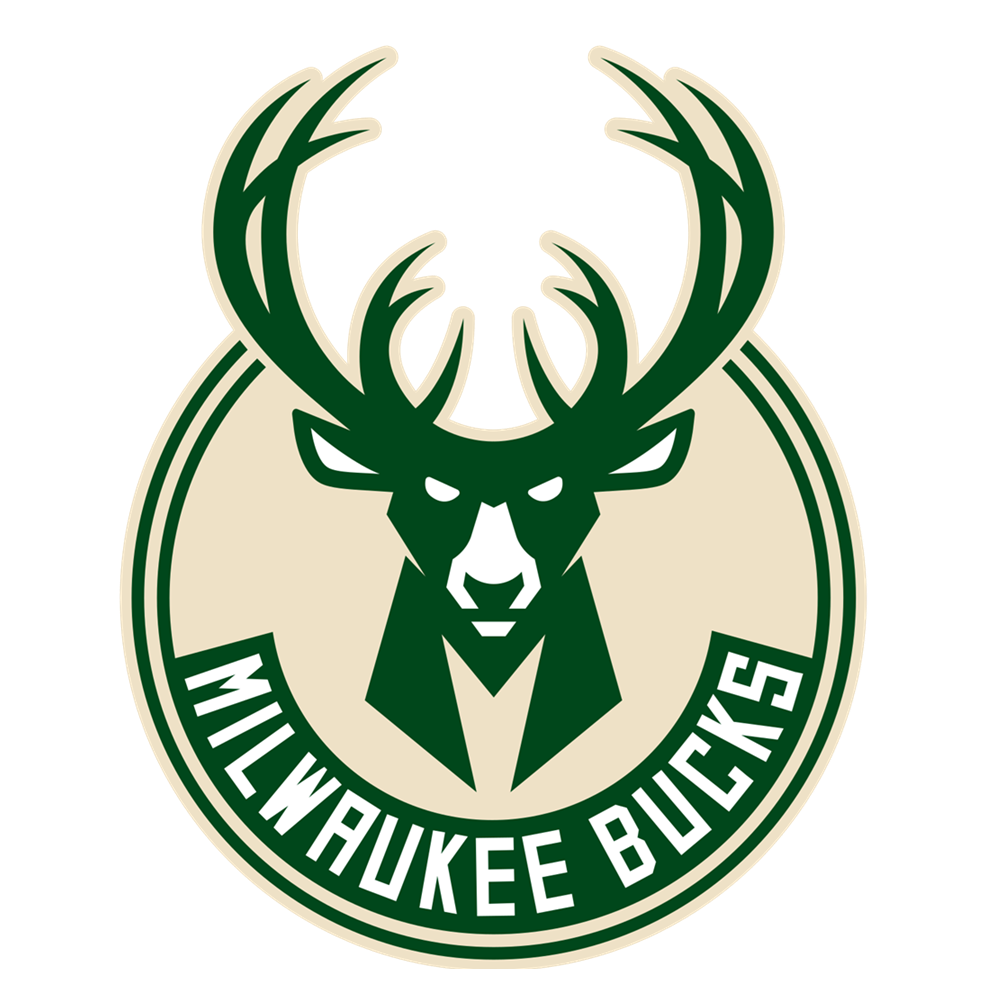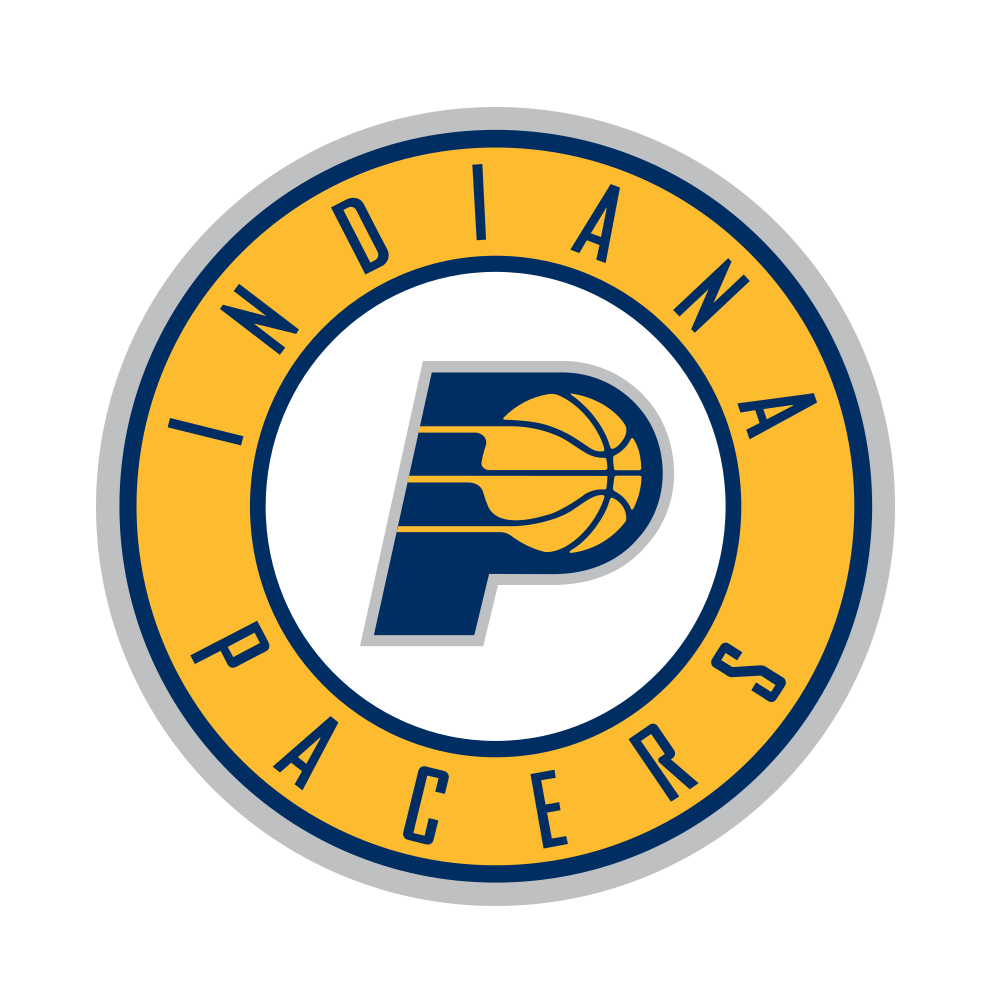Having just paid $117.2 million for a 36-46 team, the Charlotte Hornets began their roster tear-down Wednesday.According to ESPN.com's Adrian Wojnarowski, the Hornets have agreed to send Dwight Howard to the Brooklyn Nets in exchange for Timofey Mozgov's albatross of a contract, two second-round picks (including No. 45 overall this year) and cash. The deal won't go through until the start of the new league year on 6th July, as "the Nets will need money to expire off the salary cap to take on Howard's salary," Wojnarowski reported, yet the deal is said to be done, and almost never are they reneged on once they get this far.For Charlotte, this move accomplishes two goals.First, the Hornets were poised to be a luxury-tax team in 2018-19 with Howard's contract on the books. Since Mozgov is slated to make $7.8 million less than Howard next season, Charlotte will now duck under the tax line. That comes a cost, however, as Howard's contract expires following the 2018-19 season, whereas Mozgov is owed $16.7 million in 2019-20.In addition, ditching Howard may wind up being addition by subtraction for the Hornets. Bleacher Report's Howard Beck relayed comments from former NBA player Brendan Haywood, who suggested Howard had overstayed his welcome in Charlotte.
Back in 2016, Beck spoke with more than a dozen people around the league about Howard ahead of his upcoming foray into free agency that summer. "The portrait that emerges is a somewhat flaky, if amiable, character," he wrote. "Howard's work ethic is solid, but he's an irrepressible class clown. He doesn't know when to turn it off."
One team official who worked with Howard said, "We walk in the locker room and everything is a joke." Chauncey Billups, who played against Howard for years, added, "He's not serious enough when it counts."
When Howard was racking up back-to-back-to-back Defensive Player of the Year awards and yearly All-Star Game nods earlier in his career, coaches may have been more inclined to let those concerns slide. Now that he's 32 and no longer the focal point of a team, it appears as though patience wears thin with his antics far more quickly.
New Hornets general manager Mitch Kupchak, who served in that role with the Los Angeles Lakers for more than a decade and a half, engineered the trade that brought Howard to L.A. in 2012, so he's plenty familiar with the big man's pros and cons. It appears as though he decided the negatives outweighed the positives, future damage to the team's salary cap be damned.
This trade will likely prolong Charlotte's stay in NBA purgatory, however.
If Marvin Williams and Michael Kidd-Gilchrist pick up their respective player options for the 2019-20 season, the Hornets will have nearly $88.8 million committed to them, Mozgov, Nicolas Batum ($25.6 million), Cody Zeller ($14.5 million) and Malik Monk ($4.0 million). Throw in their No. 11 pick this year, their 2019 first-round pick and non-guaranteed salaries for Willy Hernangomez ($1.7 million) and Dwayne Bacon ($1.6 million), and the Hornets won't have much salary-cap flexibility to improve their roster next summer even if Kemba Walker departs as a free agent.
Seeing as Howard still had on-court value (disregarding his off-court antics) while Mozgov is a bench-warmer, this trade doesn't suggest Charlotte is optimistic about its chances of retaining Walker in 2019. Thus, the prudent course of action would be conducting a fire sale, beginning with tonight's draft.
In both Walker and Jeremy Lamb, the Hornets have two productive players on expiring contracts who should be able to net valuable assets in return. They could likewise use one or both of those deals to dump some of their bad salary, although the Mozgov acquisition should make that less of a priority. Getting young prospects and future draft considerations is the way to go, as cap space is now effectively inconsequential for Charlotte through 2019-20. Since no top-tier free agent will come to save this sinking ship, the Hornets should instead use their remaining cap space over the next few years to absorb bloated contracts for additional assets.
The Nets, meanwhile, continue to dig out from the Billy King era under the stewardship of savvy general manager Sean Marks.
Howard is no longer the same dominant force he was during his prime, but he's fresh off a season in which he averaged 16.6 points on 55.5% shooting, 12.5 rebounds and 1.6 blocks in only 30.4 minutes per night. If he remains in Brooklyn, that would give him value on a Nets team woefully short on reliable front court depth outside of rising second-year big man Jarrett Allen. However, his stay in Brooklyn may not be long, as ESPN.com's Chris Haynes reported Thursday that he'll negotiate a buyout with the team to enter free agency.
More importantly, clearing Mozgov's $17.6 million salary off the books in 2019-20 sets Brooklyn up to be major players in free agency next summer.
Having available cap space only goes so far, though. Elite players often want to team with stars of their calibre, as this year's Finals proved that not even LeBron James can take down the All-Star-laden Golden State Warriors by himself. Unless the Nets can convince two such players to join forces in Brooklyn, their cap space may wind up being fool's gold in the pursuit of star free agents.
Even if the Nets can't land Kyrie Irving, Jimmy Butler or a player of their caliber in free agency next summer, they can weaponize their cap space in other ways.
Under Marks, they've been one of the most aggressive teams in restricted free agency over the past few years, and history could repeat itself in 2019. If the New York Knicks don't sign Kristaps Porzingis to an extension by October, their crosstown rivals could throw a max offer sheet his way next summer that allows him to become an unrestricted free agent more quickly down the road. The same goes for Myles Turner, Devin Booker or anyone else from the class of 2015 that doesn't ink an extension this year.
Between now and then, they'll also have fat expiring contracts in the form of DeMarre Carroll ($15.4 million) and Lin ($12.5 million). If some team is looking to dump long-term salary - say, the Houston Rockets and Ryan Anderson or the Los Angeles Lakers and Luol Deng - Brooklyn could flip one of its expirings to net additional assets down the road. Such a move would cut into the Nets' 2019 spending power, but they may not feel as though they're ready to go big-game hunting by that point anyway.
The Howard trade thus represents two teams crossing paths while heading in opposite directions. The Hornets appear poised for a painful, extensive teardown, whereas the Nets are on the precipice of putting King's half-decade-ruining debacle behind them once and for all.
